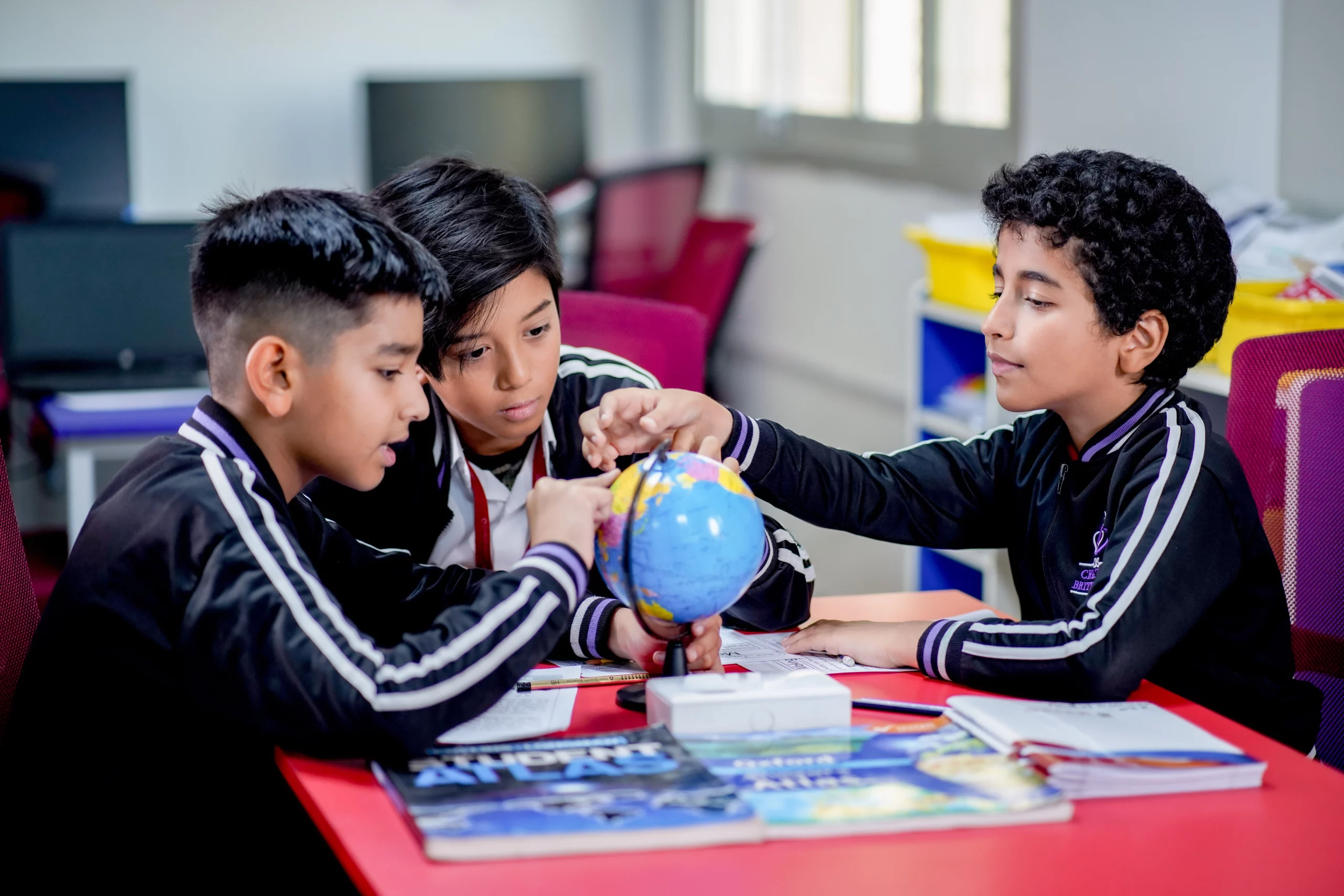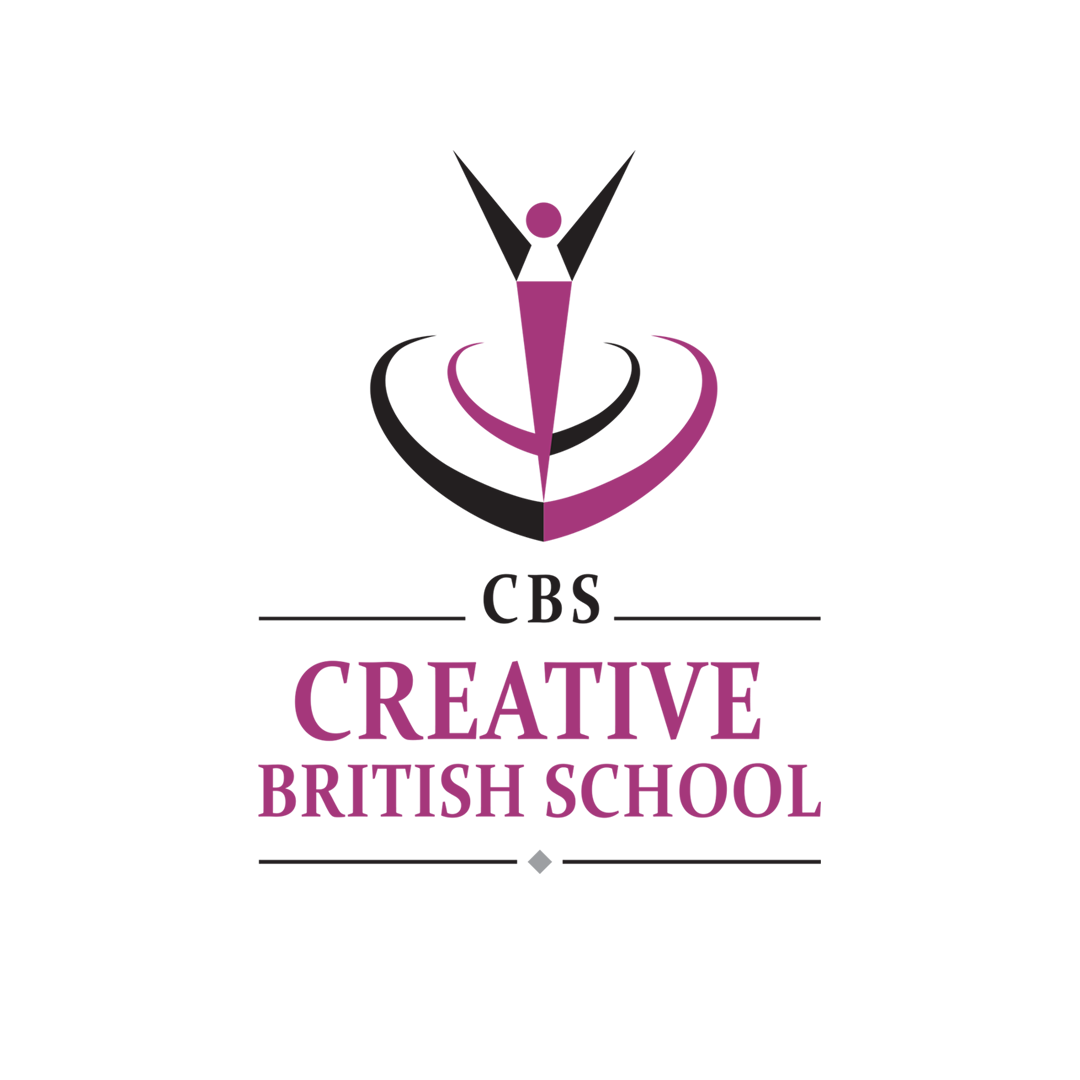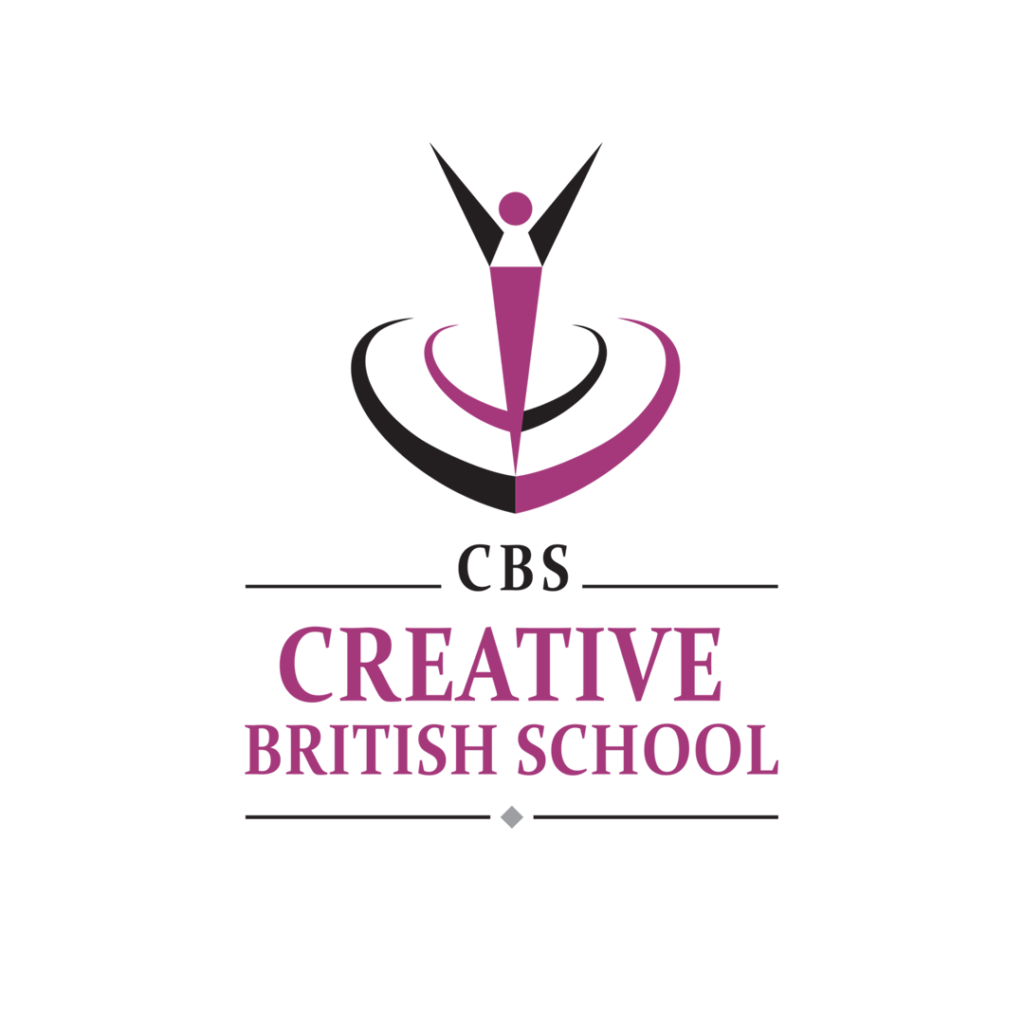EARLY YEAR FOUNDATION STAGE
At Creative British School, we take pride in offering a truly exceptional Early Years Foundation Stage (EYFS) program that lays the foundation for a lifelong love of learning. Our school is a place where young minds embark on an exciting journey of exploration, creativity, and discovery.
We offer 5 hour sessions, 4 days a week and 4 hour session on Friday for children aged 4 and 5 years old in our FS2.
The Early Years Foundation Stage (EYFS) in the Creative British School has several key aims and objectives designed to provide a solid foundation for young children’s development and learning. The EYFS framework and its aims include:
Holistic Development:
The EYFS aims to promote the holistic development of each child, recognizing that they are unique individuals with varying needs and abilities. It focuses on nurturing children’s physical, cognitive, social, and emotional development.
Play-Based Learning:
Play is central to young children’s learning and development. The EYFS emphasizes play-based learning, where children explore, experiment, and engage in purposeful play activities to build skills, understanding, and creativity.

Inclusive Education:
It aims to provide an inclusive educational environment that values and respects the diversity of children and their families. Every child, regardless of their background, needs, or abilities, should have access to high-quality early education and care.
Parental Engagement
In our Early Years Foundation Stage (EYFS), we highly value the partnership with parents as an essential component of a child’s early education. We believe that a strong collaboration between the school and parents is integral to a child’s development and overall well-being.
We actively engage parents through various means:
Regular Communication, Parent Involvement, Family Events, Parent Education, Parent Feedback, Accessibility and Respect for Diverse Backgrounds.
Our partnership with parents is founded on the principle that the home and school should work together to provide the best possible environment for children’s growth and development. We recognize the invaluable role parents play in their child’s early education, and we are committed to fostering a strong, supportive, and collaborative relationship to benefit every child in our school.
Curriculum
Our Early Years curriculum is drawing inspiration from the UK National Curriculum and the Oxford Curriculum while also blending in elements that are suitable for English as an Additional Language (EAL) students in the UAE. This approach can result in a well-rounded and inclusive educational program.
The UAE has its own unique cultural context, and blending these curricula with UAE standards allows for a curriculum that is more relevant and sensitive to the local culture and values. This can make learning more relatable for students.
The EYFS framework includes 7 areas of learning and development that are equally important and inter-connected. However, 3 areas known as the prime areas are seen as particularly important for igniting curiosity and enthusiasm for learning, and for building children’s capacity to learn, form relationships and thrive.
The prime areas are:
- Communication and language
- Physical development
- Personal, social and emotional development
Our Early Years curriculum is drawing inspiration from the UK National Curriculum and the Oxford Curriculum while also blending in elements that are suitable for English as an Additional Language (EAL) students in the UAE. This approach can result in a well-rounded and inclusive educational program.
The UAE has its own unique cultural context, and blending these curricula with UAE standards allows for a curriculum that is more relevant and sensitive to the local culture and values. This can make learning more relatable for students.
The EYFS framework includes 7 areas of learning and development that are equally important and inter-connected. However, 3 areas known as the prime areas are seen as particularly important for igniting curiosity and enthusiasm for learning, and for building children’s capacity to learn, form relationships and thrive.
The prime areas are:

